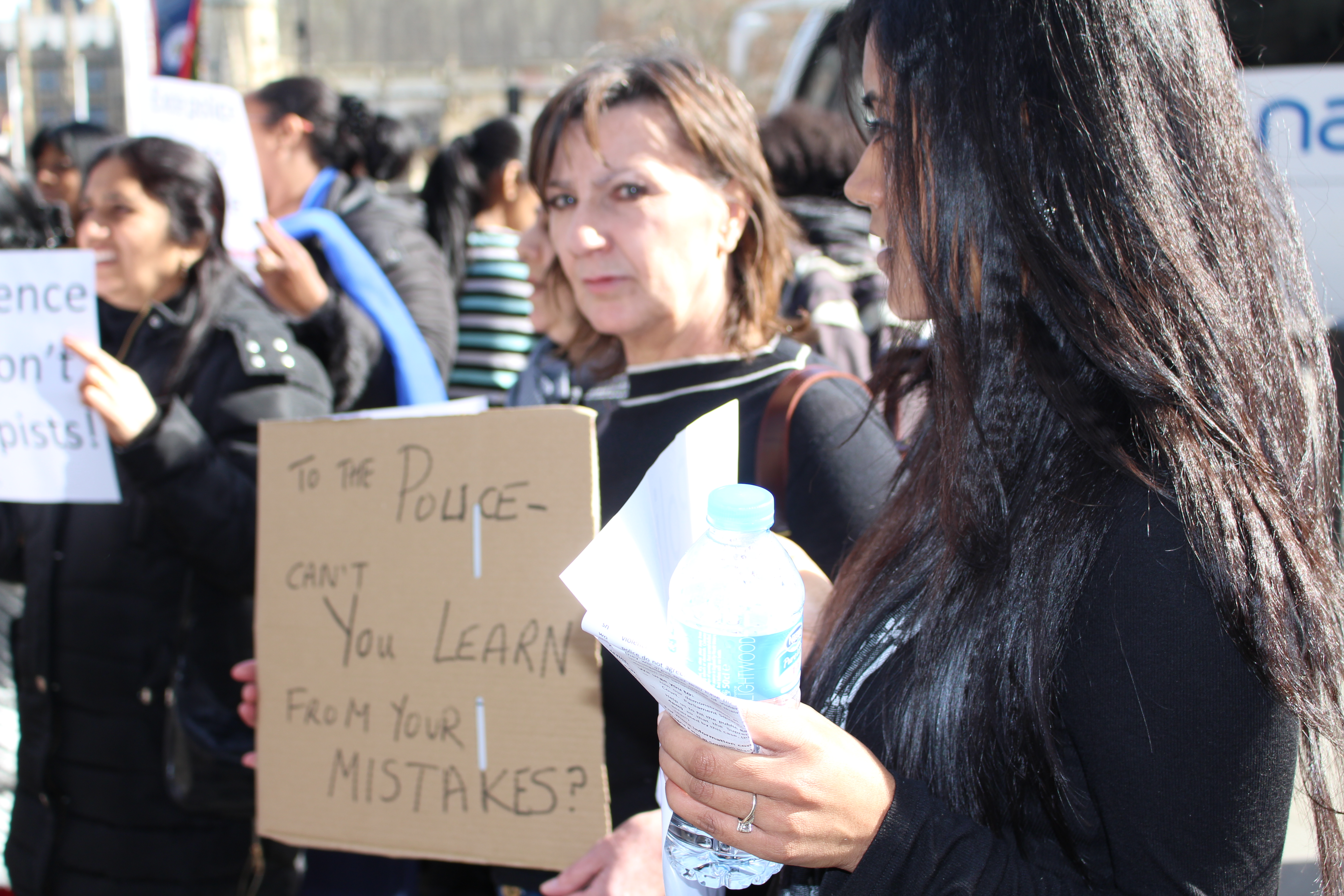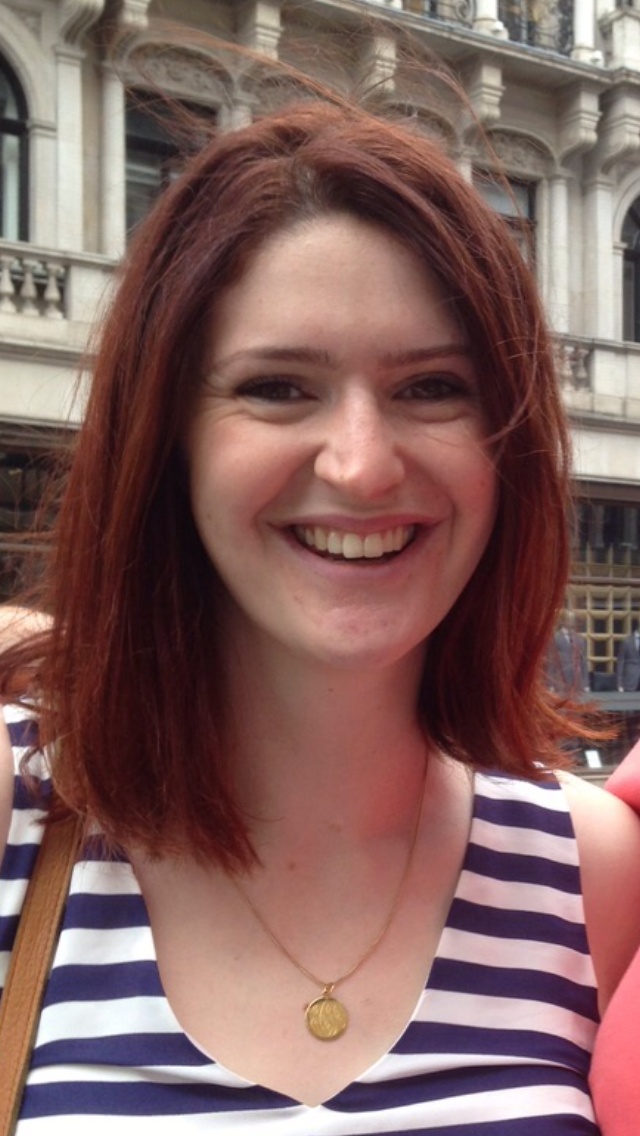John Worboys was convicted in 2009 for the sexual assault of 12 women while working as a taxi driver in London, although police believe the real number of victims could be more than 100. He received an indeterminate sentence, requiring that he serve at least eight years – with the judge describing this as “to all intents and purposes” a life sentence.
In January 2018, the Parole Board announced its decision to release John Worboys after ten years of his sentence. Two of his victims are now bringing a case to the High Court to challenge this decision, arguing that the Parole Board failed to consider “critical evidence”, and ignored the “wider allegations” of his offending when it reached its decision.
Haven’t We Heard This Before?
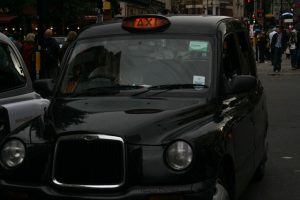
Black cab in London. Image Credit: Vanessa Bazzano / Flickr
Yes and no. You’ll have definitely heard John Worboys’ name in the news a lot recently.
After he was convicted and jailed, two of his victims took the Metropolitan Police to court, arguing that the force had breached their human rights by failing to take their claims seriously or carry out a proper investigation – thereby allowing Worboys to continue to assault other women.
In 2014, the High Court agreed and ruled that the police failures had subjected the women to inhuman or degrading treatment, in breach of Article 3 of the European Convention on Human Rights.
This wasn’t the end of the story though, and the police lodged an appeal against the decision. Just last month, the Supreme Court rejected this appeal and held that “failures in the investigations of crimes, provided they are sufficiently serious, will give rise to liability on the part of the police.”
How Is This Different?
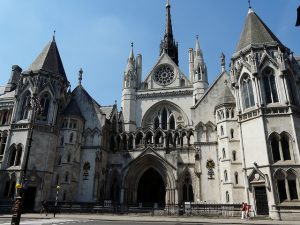
The High Court, London. Image Credit: Gareth Davies / Flickr
The case now being heard is a judicial review of the decision of the Parole Board to release Worboys. It’s being brought by three different people: two of his victims, who are bringing the case together, and Sadiq Khan, the Mayor of London.
A judicial review is where a judge reviews a decision made by a public body – in this case, the Parole Board. The aim is not to decide whether the original decision was right or not, but to assess whether the proper processes were followed in reaching that decision and whether the Parole Board acted reasonably in making the decision, taking into account all relevant considerations.
The two women are arguing that the Parole Board failed to take into account the full extent of Worboy’s offending, and therefore miscalculated the risk he still poses to women.
In court, their lawyer argued that the Board was wrong to decide that Worboys took “full responsibility for his crimes” and that they should have considered evidence of other allegations about his offending behaviour – not just the 12 assaults he was ultimately jailed for.
Open Justice in the Spotlight

There is another important part of this case which could have huge implications for future Parole Board hearings, not just those involving Worboys. Parole Board hearings are held in private, and the reasons for a decision are not made public. This is not their decision; the Government has set the rules in this way.
Worboys’ victims, supported by The Sun (not usually a friend of the Human Rights Act) are arguing that it is against the principles of open justice for Parole Board hearings to be held entirely in private. If they succeed in the argument, which is being made under the common law and human rights (the developing right to access information), this could open up all hearings to some extent in future.
Why Is Sadiq Khan Involved?
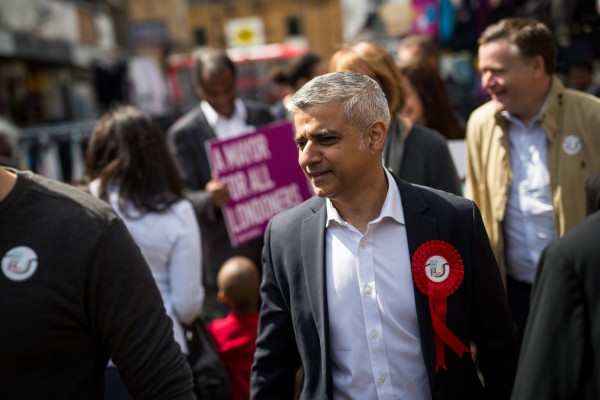 Image Credit: Flickr
Image Credit: Flickr
Sadiq Khan joined the case after the government decided not to challenge the decision to release him themselves.
The Justice Secretary David Gauke had originally indicated that the government would seek a judicial review of the decision to release Worboys. However, following legal advice, he changed his position and said that it would “not be appropriate”.
In a statement read in court earlier this week, Sadiq Khan described Worboys as a significant threat to Londoners’ safety, and said that:
I am morally and duty-bound to do everything within my power to protect [Londoners] from harm. John Worboys represents a significant threat to Londoners’ safety and on behalf of his victims and survivors, I felt I had to be involved.
What Happens Next?
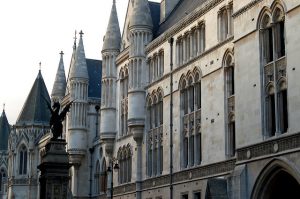
The High Court, London. Image credit: Jason / Flickr
The hearing is scheduled to last two days. Three judges will then consider the evidence and reach a decision.
While there are examples of Parole Board decisions being successfully challenged by judicial review in the courts, these have been cases where prisoners have been denied release, not victims challenging a decision to release.
John Worboys is to remain in custody until a final decision has been reached.

